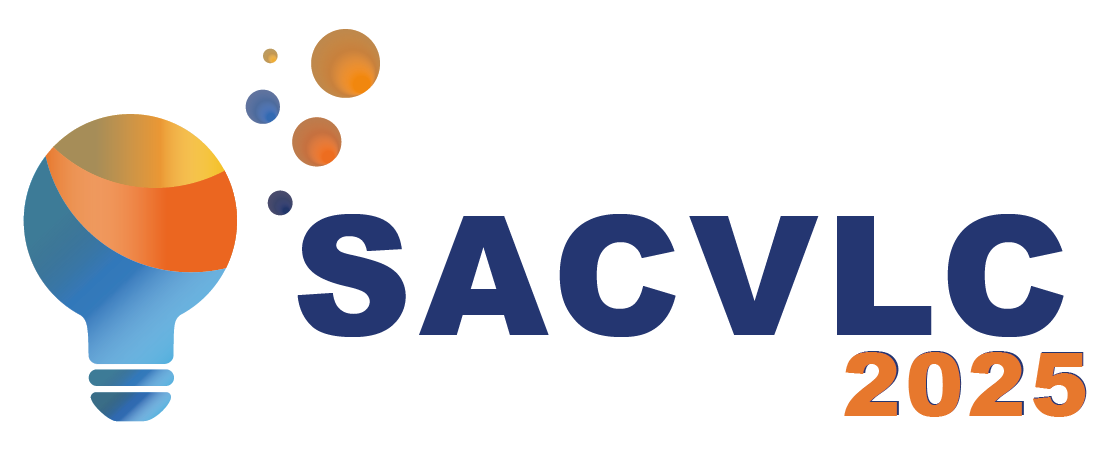KEYNOTE SPEAKERS 2025
Keynote Speakers
Dr. Marcos A. Diaz – Universidad de Chile

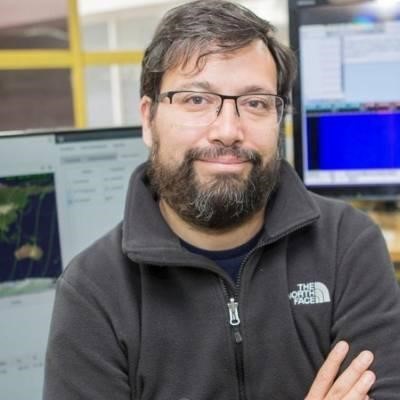
Professor Marcos Díaz, from the Department of Electrical Engineering at the Universidad de Santiago de Chile, leads the Space and Planetary Exploration Laboratory (SPEL), a pioneering team responsible for launching four nanosatellites into orbit: the 1U CubeSat SUCHAI-1, and the 3U CubeSats SUCHAI-2, SUCHAI-3, and PlantSat. These missions, part of the university’s growing space program, have positioned Chile as a regional leader in small satellite development. Under Díaz’s coordination, the team has successfully designed, integrated, and operated a satellite swarm capable of carrying out complex scientific and technological experiments in space. One year after launch, the latest satellites have each completed over 5,400 orbits and accomplished around 70% of their mission objectives, contributing data on Earth’s magnetic field, the survival of extremophiles in space, and in-orbit system performance.
Building on this success, Díaz and his team are actively working on three new space missions. These include a 2U returnable experiment to be hosted on the International Space Station (ISS) between 2025 and 2026, the development of SUCHAI-4—a 3U CubeSat scheduled for launch in 2026—and a second returnable mission to the ISS planned for 2027. These projects continue to reflect the laboratory’s commitment to low-cost, agile space systems with reprogrammable capabilities, allowing for rapid innovation and the integration of diverse scientific objectives. Through these efforts, Professor Díaz is not only expanding Chile’s presence in space but also fostering a national platform for cutting-edge research and international collaboration in aerospace science.
Short Bio
Marcos A. Diaz (Member, IEEE) received the degree in electrical engineering from the University of Chile, Santiago, Chile, in 2001, and the M.S. and Ph.D. degrees in electrical engineering from Boston University, USA, in 2004 and 2009, respectively. He is currently an Assistant Professor with the Electrical Engineering Department, University of Chile. His research interests include related to the study of ionospheric turbulent plasma, incoherent scatter radar techniques, low-frequency-radio-astronomy/space instrumentation, and nano-satellite technologies. He is responsible for the Space and Planetary Exploration Laboratory, the Multidisciplinary Laboratory, Faculty of Physical and Mathematical Sciences, University of Chile, where the nanosatellite-based space program at the university is being developed.
Dr. Qiang Wu – Northumbria University

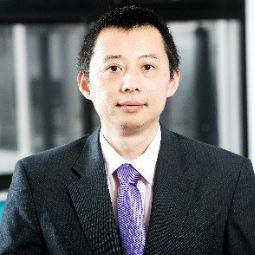 Dr. Qiang Wu is an Associate Professor at the Department of Mathematics, Physics & Electrical Engineering, Northumbria University at Newcastle. He is also an adjunct professor in Beijing University of Posts and Telecommunications. Before joining Northumbria University, he was a Stokes Lecturer with the Photonics Research Centre, Dublin Institute of Technology, Ireland.
Dr. Qiang Wu is an Associate Professor at the Department of Mathematics, Physics & Electrical Engineering, Northumbria University at Newcastle. He is also an adjunct professor in Beijing University of Posts and Telecommunications. Before joining Northumbria University, he was a Stokes Lecturer with the Photonics Research Centre, Dublin Institute of Technology, Ireland.He was a Senior Research Associate with the Optoelectronics Research Centre, City University of Hong Kong, from 2004 to 2006, where he was involved in research on polymer optical waveguides. He was a Research Associate with the Applied Optics and Photonics Group, Heriot-Watt University, from 2006 to 2008, where he was involved in research on laser joining in micromanufacturing. He is a committee member of Holography and Optical Information Processing committee, The Chinese Optical Society. He is an Editorial Board member of Scientific Reports (Nature Group, 2016 Impact Factor 4.259) and Associate Editor of IEEE Sensors Journal (2016 Impact Factor 2.512).
His current research interest lies in Photonics including the design and fabrication of fibre Bragg grating devices for sensing and optical communications; hetero-core fibre structures for novel fibre optical couplers and sensors; nonlinear effects in photonic crystal fibre, microsphere, nanofibres, visible light communication and its application for sensing, and surface plasmon resonant for highly integrated nanophotonics devices and their applications for biosensing. He has authored or co-authored more than 200 articles in academic journals and international conferences and holds three patents. He has been highlighted and interviewed by the journal Electronics Letters with the objective of understanding the background and rationale for his research on singlemode-multimode-singlemode fibre structures.
Dr. Petia Georgieva
MACHINE & DEEP LEARNING (ML/DL) FOR 5G NETWORK MANAGEMENT

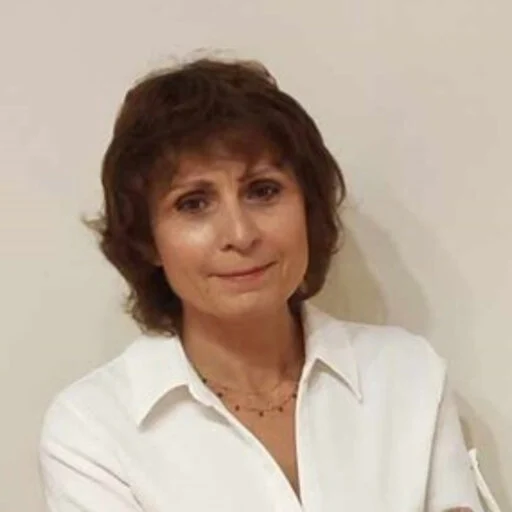
The next generation (5G+/6G) networks are expected to embed a wide range of services and operations. The monitoring and management of their multi-service verticals, such as transport systems, health, mobility, industry, etc., will require forecasting methods to predict the network-slice needs and provide efficient resource allocation. Data-driven approach will be vital in such heterogeneous communication systems due to the traffic explosion.
The goal of this talk is to make an overview of the application of Artificial Intelligence (MACHINE & DEEP LEARNING) in 5G network management, offering a multi-dimensional evaluation of its impacts and potentials.
In the first part of the talk the most relevant machine learning and deep learning methods will be presented, such as Artificial Neural Networks (ANN) architectures suitable for time series processing and short/long term predictions.
The second part will summarise our experience in applying AI for 5G management in different scenarios. Long Short Time Memory (LSTM) versus Gated Recurrent Unit (GRU) will be exemplified to forecast Key Performance Indicators (KPI) for cellular network traffic. NN-based intelligent control of both energy consumption and thermal comfort for residential buildings will be illustrated.
Short Bio
Petia Georgieva is Professor (with Habilitation, DSc) of Machine Learning in the Department of Electronics Telecommunications and Informatics (DETI) at University of Aveiro, Portugal, senior researcher in the Institute of Electronics Engineering and Telematics of Aveiro (IEETA), and collaborator member of Institute of Telecommunications (IT), Portugal.
Her research interests include machine learning, deep learning and data mining applied in diverse scenarios and use cases such as medical imaging, optical and wireless communications, smart homes, robotics, brain computer interfaces.

 Hoa Le Minh is currently a Professor in Optical Communications and the Deputy Head of Department of Mathematics, Physics, and Electrical Engineering, Northumbria University, UK. Previously he was a Research Fellow at University of Oxford, UK (2007-2010), a Research Assistant at Siemens AG, Munich, Germany (2002-2004), and a Lecturer in Telecommunications at Ho Chi Minh University of Technology, Vietnam (1999-2001). He is an expert in photonics, optical communications, visible light communications, smartphone technology, signal processing, and intelligent networks. He has published more than 200 articles, in journals, conferences, and book chapters, and received grants from EPSRC, Innovate UK, EU and industry.
Hoa Le Minh is currently a Professor in Optical Communications and the Deputy Head of Department of Mathematics, Physics, and Electrical Engineering, Northumbria University, UK. Previously he was a Research Fellow at University of Oxford, UK (2007-2010), a Research Assistant at Siemens AG, Munich, Germany (2002-2004), and a Lecturer in Telecommunications at Ho Chi Minh University of Technology, Vietnam (1999-2001). He is an expert in photonics, optical communications, visible light communications, smartphone technology, signal processing, and intelligent networks. He has published more than 200 articles, in journals, conferences, and book chapters, and received grants from EPSRC, Innovate UK, EU and industry.
She holds Master and PhD degrees in Electrical Engineering from Technical University of Sofia (TUS); PhD degree in Electrical and Computer Engineering from the University of Porto (FEUP), Portugal in 2003 and D.Sc. in Informatics from University of Aveiro, 2022.
She has held several visiting positions: A visiting faculty at Carnegie Mellon University (CMU) – Silicon Valley in 2019 (Fall Semester), CMU-Pittsburgh in 2012 (Fall Semester), an invited professor at Rowan University, Glassboro, New Jersey, USA in 2016 (Spring Semester), an invited researcher at the School of Computing and Communications, University of Lancaster, UK in 2010.
Dr. Georgieva has given a number of invited talks – the plenary talk at the EPIA Conference on Artificial Intelligence (Faial, Portugal, 2023); the plenary talk at the IEEE Workshop on Communication Networks and Power Systems (WCNPS’23, Brazil); the plenary talk at the International Conference Automatics, Robotics and Artificial Intelligence (ICARAI, 2023, Bulgaria); the keynote talk at the 9th EAI International Conference on Smart Objects and Technologies for Social Good (GOODTECHS, 2023, Portugal), the keynote speech at the 9th Balkan Conference in Informatics (Sofia, Bulgaria, 2019); the keynote speech at the 10th International Conference on Soft Computing and Pattern Recognition (Porto, Portugal, 2018).
Invited Speakers
Dr. Hoa Le Minh

 Hoa Le Minh is currently a Professor in Optical Communications and the Deputy Head of Department of Mathematics, Physics, and Electrical Engineering, Northumbria University, UK. Previously he was a Research Fellow at University of Oxford, UK (2007-2010), a Research Assistant at Siemens AG, Munich, Germany (2002-2004), and a Lecturer in Telecommunications at Ho Chi Minh University of Technology, Vietnam (1999-2001). He is an expert in photonics, optical communications, visible light communications, smartphone technology, signal processing, and intelligent networks. He has published more than 200 articles, in journals, conferences, and book chapters, and received grants from EPSRC, Innovate UK, EU and industry.
Hoa Le Minh is currently a Professor in Optical Communications and the Deputy Head of Department of Mathematics, Physics, and Electrical Engineering, Northumbria University, UK. Previously he was a Research Fellow at University of Oxford, UK (2007-2010), a Research Assistant at Siemens AG, Munich, Germany (2002-2004), and a Lecturer in Telecommunications at Ho Chi Minh University of Technology, Vietnam (1999-2001). He is an expert in photonics, optical communications, visible light communications, smartphone technology, signal processing, and intelligent networks. He has published more than 200 articles, in journals, conferences, and book chapters, and received grants from EPSRC, Innovate UK, EU and industry.Dr. Cesar Azurdia
Short Bio

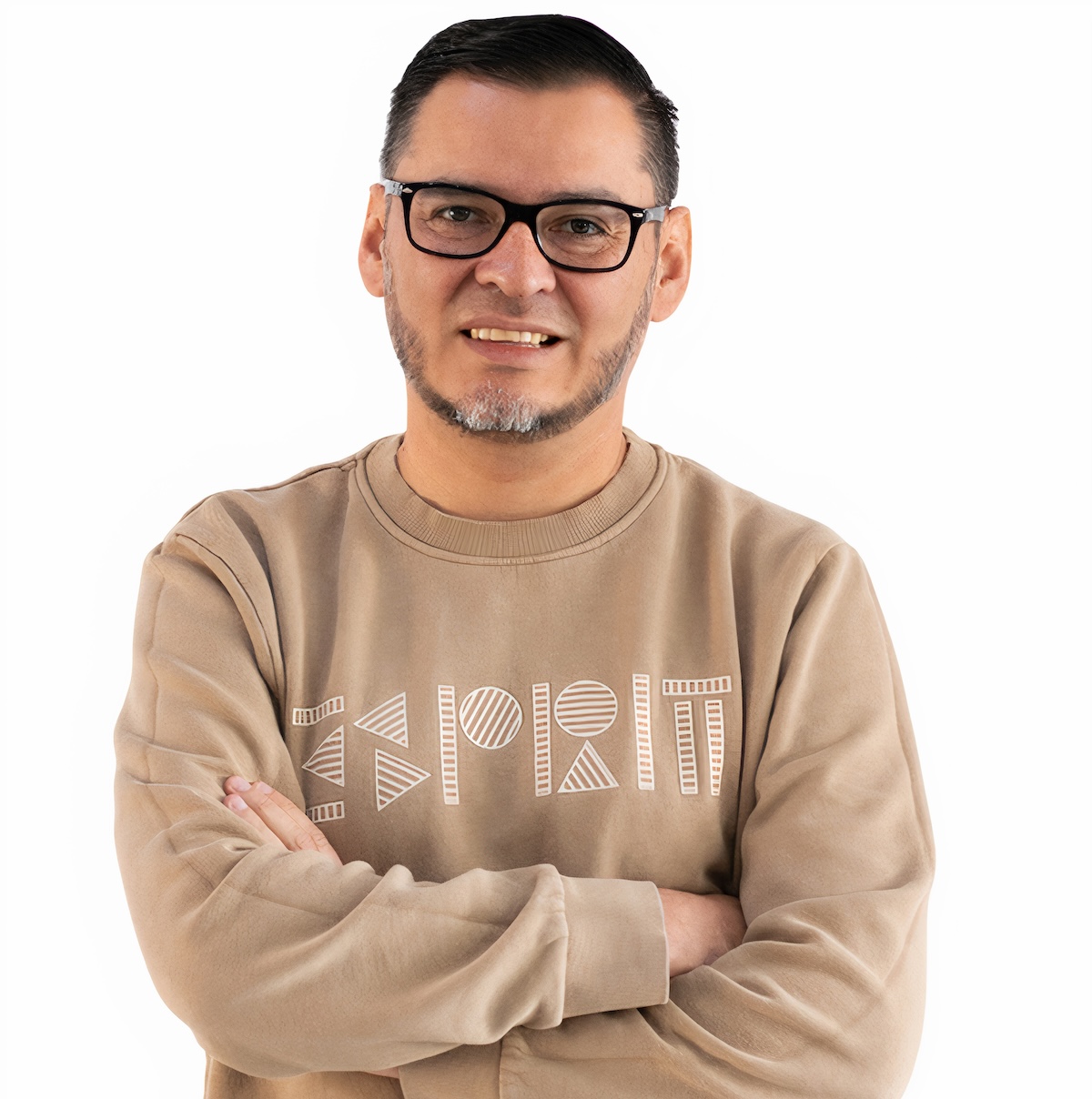 Cesar A. Azurdia-Meza (Member, IEEE) received the bachelor’s degree in electrical engineering from the Universidad del Valle de Guatemala, Guatemala, in 2005, the master’s degree in electrical engineering from the University of Linnaeus, Sweden, in 2009, and the Ph.D. degree in electronics and radio engineering from the University of Kyung Hee, Republic of South Korea, in 2013. He joined the Department of Electrical Engineering, University of Chile as an Assistant Professor in August 2013. His research interests include topics, such as the Nyquist ISI criteria, OFDM-based systems, SC-FDMA, visible light communication systems, in-vehicle communications, 5G enabling technologies and enabling technologies, as well as techniques signal processing for communication systems. He has served as a member of the technical program committee for multiple conferences, as well as a reviewer in journals, such as IEEE Communications Letter, IEEE Transactions on Wireless Communications, Wireless Personal Communications, and EURASIP Magazine on Advances in Signal Processing. He is a member of the IEEE Communication Society as well as a member of IEICE.
Cesar A. Azurdia-Meza (Member, IEEE) received the bachelor’s degree in electrical engineering from the Universidad del Valle de Guatemala, Guatemala, in 2005, the master’s degree in electrical engineering from the University of Linnaeus, Sweden, in 2009, and the Ph.D. degree in electronics and radio engineering from the University of Kyung Hee, Republic of South Korea, in 2013. He joined the Department of Electrical Engineering, University of Chile as an Assistant Professor in August 2013. His research interests include topics, such as the Nyquist ISI criteria, OFDM-based systems, SC-FDMA, visible light communication systems, in-vehicle communications, 5G enabling technologies and enabling technologies, as well as techniques signal processing for communication systems. He has served as a member of the technical program committee for multiple conferences, as well as a reviewer in journals, such as IEEE Communications Letter, IEEE Transactions on Wireless Communications, Wireless Personal Communications, and EURASIP Magazine on Advances in Signal Processing. He is a member of the IEEE Communication Society as well as a member of IEICE.Dr. Muhammad Ijaz

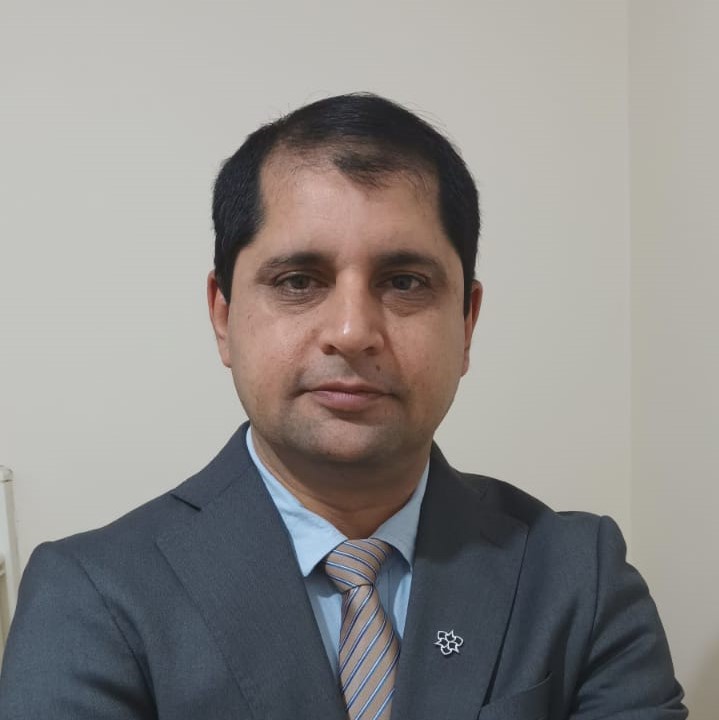
Using VLC for indoor positioning is one of the most promising uses for this technology and is generally referred to as visible light positioning (VLP). Recently, VLP is an active area in research for 6G technology and it has great promise for real-life applications. This is largely due to the wide range of potential applications accelerated by leveraging, industry 4.0, the internet of things (IoT) and the demand for a more customised experience in indoor spaces. Additionally, the wide adoption of smartphones and wearable devices by the public meant that VLP can be provided to any user for localisation and guiding purposes. However, with the advances in VLP for indoor applications such UAVs, there are still many challenges to practical implement it at different system levels. This talk will cover the recent research in 3D VLP systems, particularly its advances and challenges.
Short Bio
Dr Ijaz has received his M.Sc. in Optoelectronic and Communication Engineering from Northumbria University at Newcastle upon Tyne, UK in 2009. He has also been awarded Northumbria University studentship to pursue his Ph.D. He was awarded his PhD degree in 2013 at the same Northumbria University, UK for his research work in Free-Space Optical (FSO) Communications. He also worked as Research Fellow in Visible Light Communication/LiFi at University of Edinburgh, UK between 2013-15.
Dr Ijaz is currently working as Reader (Associate Prof.) and International Lead at Department of Engineering, Manchester Metropolitan University, UK. He is also head of Laser and Optics Communication (LOC) lab from 2017 at the department where he is leading applied research and has been working with a number of industries, technopreneurs, international collaborators and successfully leading knowledge transfer partnership projects funded by Innovate UK in the areas of optical wireless communications, embedded systems, IoT, cloud, communication networks 6G, digital signal processing and smart sensors design and secure more than £900K funding from 2020-2023. He has an exciting publication record (85 in total) with high quality journals mostly in Quartile 1, one book chapter, and high-quality conference papers, international collaboration, research presentations and awards.
Invited Early Career Researchers Speakers
Zun Htay

Short Bio
Dr. Zun Htay received her BEng degree in Electrical and Electronics Engineering at Northumbria University, Newcastle in 2019. In 2023, she was awarded the PhD, specializing in Free space optical communications systems at the same institution, and later joined the Optical Networks Group at UCL as a Research Fellow within the Institute of Communications and Connected Systems, focusing on the utilization of spatial light modulators in free space for space division multiplexing technique.
In 2024, Dr. Htay’s research shifted towards Optical Frequency Combs, Laser Phase Stabilization, Free Space Optical Transmission, and Optical Frequency Division.
Othman Younus

Short Bio
Othman Younus hold a PhD degree in electrical engineering from Northumbria University, U.K., in 2022. He also received an M.Sc. degree in microelectronics and communication engineering from Northumbria University, U.K., in 2019. He was a post-doctoral research fellow and academic associate at Northumbria University in the United Kingdom from 2022-2024. He specialises designing and building experimental optical wireless communication test beds and models, along with the thorough characterization of their components. His work spans various optical signal applications and environments, such as free space optics, optical camera-based positioning and communication. He has developed significant skills in digital and optical signal processing to address challenges like low bandwidths, blocking/shadowing, and atmospheric conditions in internet data transmission.
Carlos Guerra Yánez
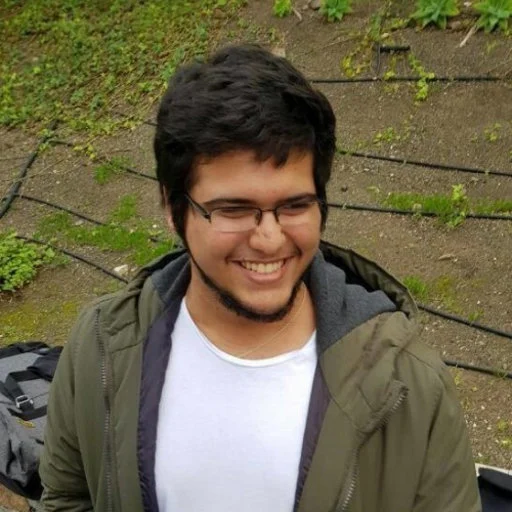
Short Bio
Carlos Guerra Yánez received his bachelor’s and master’s degree in electrical engineering from University of Las Palmas de Gran Canaria in 2019 and 2021, respectively. He received his bachelor’s degree in mathematics from Universidad Nacional de Education a Distancia in 2024. He’s currently pursuing a PhD at the Czech Technical University in Prague with a thesis focused on the integration of VLC and FSO communication in heterogeneous networks. His current research interests include security in optical wireless networks, quantum key distribution, and the interaction between OWC and the higher layers of the OSI model.
Xicong Li
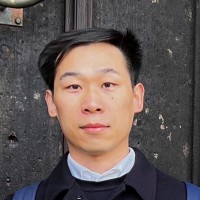
Short Bio
Xicong Li (Member, IEEE) received the B.Sc. degree in electrical engineering from Northeastern University, China, in 2010, the M.Sc. degree in telecommunications from Beijing University of Posts and Telecommunications, China, in 2013, and the Ph.D. degree in electrical engineering from Northumbria University, U.K., in 2021. He was a Marie Skłodowska-Curie Early-Stage Researcher. From 2021 to 2023, he was the System Hardware Designer with Integrated System Technologies Ltd. (ISTL), Lichfield, U.K., where he played a key role in developing the U.K.’s first G.hn-compatible LiFi product, LiDrive1, achieving a throughput of over 500 Mbps. He was responsible for the overall system hardware development, and his novel optical front-end circuit design was the key enabler in bringing LiFi into reality. He is currently a Lecturer in electrical engineering with Northumbria University, specializing in optical wireless communications, free-space laser communications, and communication circuit design. He leads several funded projects, including the 6G-ISLOC within the EPSRC TITIAN Research Hub and the EU FOCAL projects, advancing next-generation communication and sensing technologies. He is passionate about translating research into practical innovations, particularly in the fields of high-speed LiFi and optical wireless systems.1Registered trademark.,Registered trademark.
Leonardo Apaza Pilco
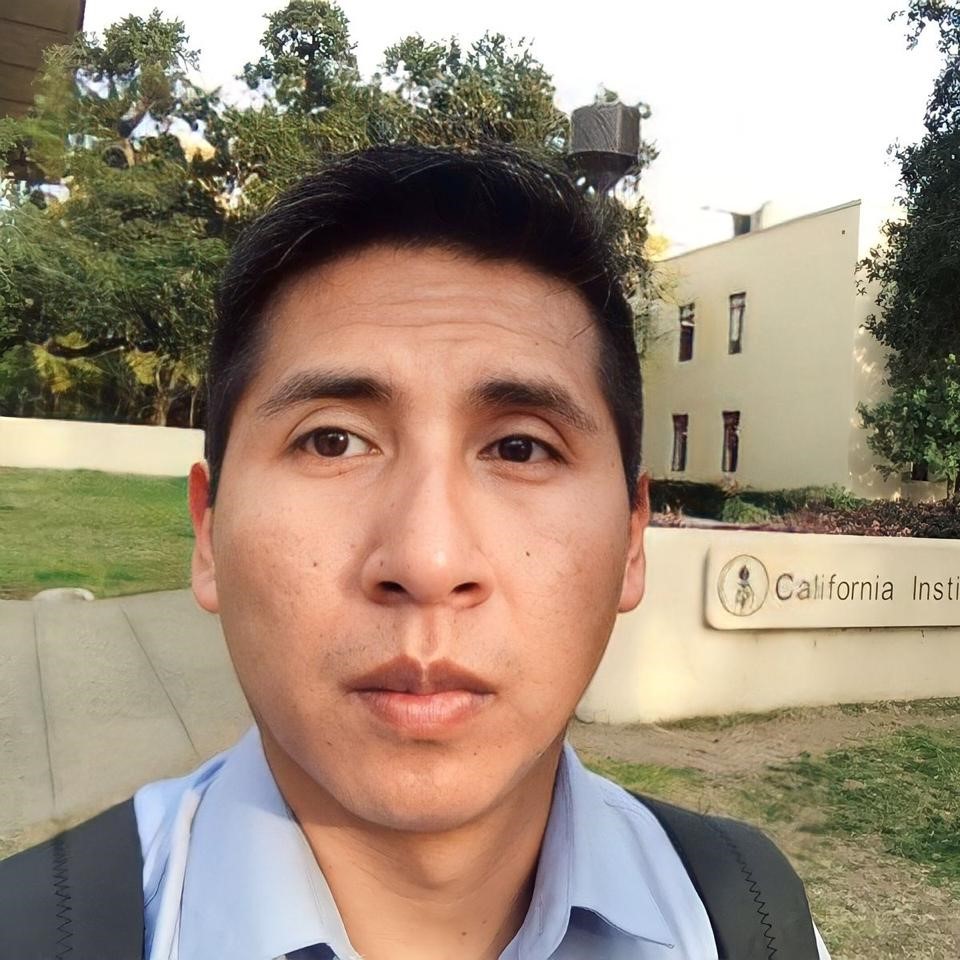
Analytical solution of the problem of eigenvalues and eigenfunctions of electromagnetic waves in non-anisotropic non-linear media
Short Bio
Leonardo Apaza Pilco is a PhD candidate in Theoretical Physics at UMSA – UAM (Mexico) and currently heads the Physics Research Department at the Public University of El Alto (UPEA), Bolivia. He is an active member of the Institute of Electrical and Electronics Engineers (IEEE) and has conducted research in electromagnetic wave propagation, magnetism, and phenomena associated with materials with complex properties. His work also covers non-equilibrium statistical mechanics, mathematical physics, and the study of active matter, areas in which he has published several indexed scientific articles. He has presented papers at the March Meeting of the American Physical Society (APS), one of the most important physics conferences in the world, contributing with research in dynamical systems and materials theory. With more than 60 citations in Google Scholar, his contributions strengthen scientific production in Bolivia and the Andean region.
Carlos Iván del Valle Morales
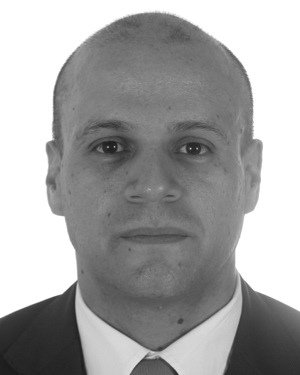
Short Bio
Carlos Iván del Valle Morales received the M.S. degree in telecommunication engineering from the Technical University of Madrid, Madrid, Spain, in 2018. He is currently working toward the Ph.D. degree in electric, electronic, and automatic engineering with the University Carlos III of Madrid, Leganés, Spain.,He has been a Visiting Researcher with Photonics Technology Lab, Faculty of Engineering and Environment, Northumbria University, Newcastle upon Tyne, U.K. Since 2019, as an Electrical Engineer, he has been with the Consultora de Telecomunicaciones Optiva Media SLU (an EPAM company), where he has carried out several research projects. His research interests include the development of transceivers for visible light communication and light-fidelity, energy harvesting systems, free-space optics communication, optical camera communication, electro-optical devices, and RF hardware design.
Open discussion on OWC-VLC
Prof. Fary Ghassemlooy
Short Bio
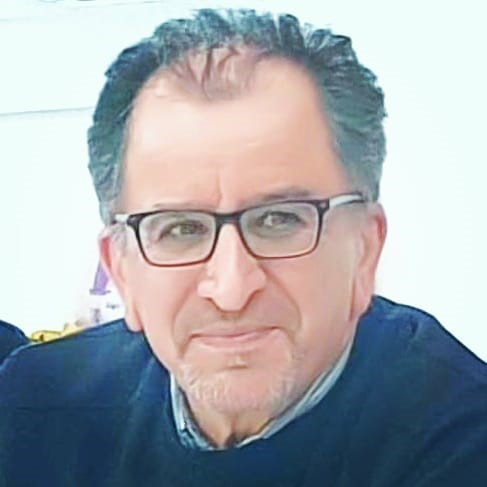 Zabih Ghassemlooy (Senior Member, IEEE) received the B.Sc. degree (Hons.) from Manchester Metropolitan University, Manchester, U.K., in 1981, and the M.Sc. and Ph.D. degrees from the University of Manchester, Manchester, in 1984 and 1987, respectively.,From 1987 to 1988, he was a Postdoctoral Research Fellow with City University, London, U.K. From 1988 to 2004, he was with Sheffield Hallam University, Sheffield, U.K., and in 2004, he joined Northumbria University, Newcastle upon Tyne, U.K., where he was the Head of Photonics Technology Laboratory and Optical Communications Research Group and is currently an Emeritus Professor. He was a Research Fellow from 2016 to 2022 and the Distinguished Professor from 2015 to 2022 with the Chinese Academy of Science, Quanzhou, China. He has supervised 76 Ph.D.s, 12 Research Fellows, and with over 1000 publications (430 journals and 8 books). His research interest includes optical wireless communications, free space optics, visible light communications, and hybrid RF-OWC.,Dr. Ghassemlooy was the Vice Chair of EU Cost Actions IC1101 from 2011 to 2016 and CA19111 from 2020 to 2024. He was a IEEE Distinguished Lecturer from 2024 to 2025. He was Chief Editor of British Journal of Applied Science and Technology and International Journal of Optics and Applications, and an Associate Editor of a number of other journals (IEEE, IET). He has been the Vice Chair of OSA Technical Group (Optics in Digital Systems) since 2018. He is a Fellow of OPTICA and IET. He is a Chartered Engineer.
Zabih Ghassemlooy (Senior Member, IEEE) received the B.Sc. degree (Hons.) from Manchester Metropolitan University, Manchester, U.K., in 1981, and the M.Sc. and Ph.D. degrees from the University of Manchester, Manchester, in 1984 and 1987, respectively.,From 1987 to 1988, he was a Postdoctoral Research Fellow with City University, London, U.K. From 1988 to 2004, he was with Sheffield Hallam University, Sheffield, U.K., and in 2004, he joined Northumbria University, Newcastle upon Tyne, U.K., where he was the Head of Photonics Technology Laboratory and Optical Communications Research Group and is currently an Emeritus Professor. He was a Research Fellow from 2016 to 2022 and the Distinguished Professor from 2015 to 2022 with the Chinese Academy of Science, Quanzhou, China. He has supervised 76 Ph.D.s, 12 Research Fellows, and with over 1000 publications (430 journals and 8 books). His research interest includes optical wireless communications, free space optics, visible light communications, and hybrid RF-OWC.,Dr. Ghassemlooy was the Vice Chair of EU Cost Actions IC1101 from 2011 to 2016 and CA19111 from 2020 to 2024. He was a IEEE Distinguished Lecturer from 2024 to 2025. He was Chief Editor of British Journal of Applied Science and Technology and International Journal of Optics and Applications, and an Associate Editor of a number of other journals (IEEE, IET). He has been the Vice Chair of OSA Technical Group (Optics in Digital Systems) since 2018. He is a Fellow of OPTICA and IET. He is a Chartered Engineer.Hybrid Optical Wireless Communication Systems
Short Bio
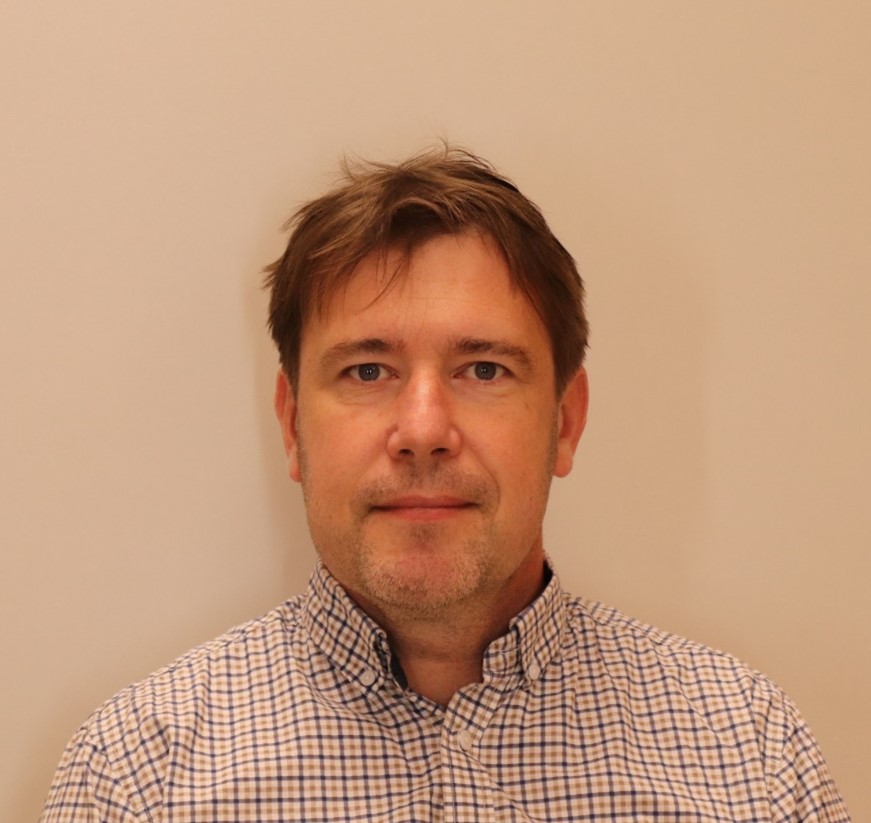 Prof. Stanislav Zvanovec received his M.Sc. and Ph.D. degrees from Czech Technical University (CTU) in Prague, Prague, Czech Republic, in 2002 and 2006, respectively. He is currently a Full Professor and the Deputy Head of the Department of Electromagnetic Field and leader of the Wireless and Fiber Optics team, CTU (http://optics.elmag.org/). He is the author of 2 books (including Visible Light Communications: Theory and Applications) and more than 350 journal articles and conference papers. He is the main leader of several national and international projects (project coordinator of new HORIZON-MSCA-DN Project «OWIN6G» Optical and Wireless Sensors Networks for 6G Scenarios) and WP3 chair of COST CA19111 project European Network on Future Generation Optical Wireless Communication Technologies (NEWFOCUS). His current research interests include free-space optics (FSO), visible light communications (VLC), optical camera-based communications (OCC) and fiber optical systems including RF over optics (RoF and RoFSO).
Prof. Stanislav Zvanovec received his M.Sc. and Ph.D. degrees from Czech Technical University (CTU) in Prague, Prague, Czech Republic, in 2002 and 2006, respectively. He is currently a Full Professor and the Deputy Head of the Department of Electromagnetic Field and leader of the Wireless and Fiber Optics team, CTU (http://optics.elmag.org/). He is the author of 2 books (including Visible Light Communications: Theory and Applications) and more than 350 journal articles and conference papers. He is the main leader of several national and international projects (project coordinator of new HORIZON-MSCA-DN Project «OWIN6G» Optical and Wireless Sensors Networks for 6G Scenarios) and WP3 chair of COST CA19111 project European Network on Future Generation Optical Wireless Communication Technologies (NEWFOCUS). His current research interests include free-space optics (FSO), visible light communications (VLC), optical camera-based communications (OCC) and fiber optical systems including RF over optics (RoF and RoFSO).
